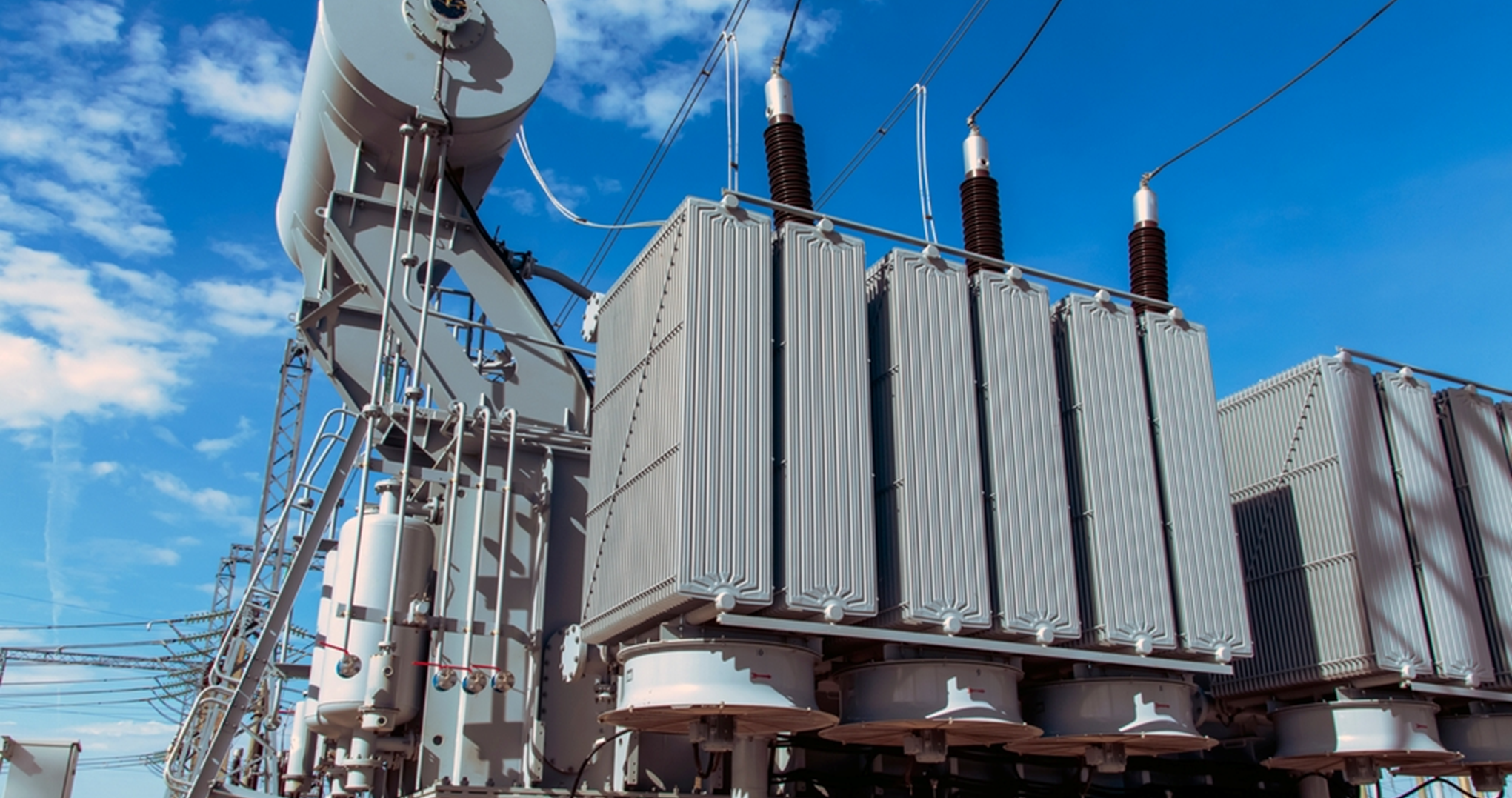Our recommendations
Last Update
26 June 2023
Vital steps for enabling private investments in hydrogen ecosystem in India
Understanding upstream environment for hydrogen -steps required to realize private sector investments in India
The future success of hydrogen will hinge on innovation. Today, low carbon hydrogen is more costly than unabated fossil fuel-based hydrogen, which undermines its uptake. Multiple end-use technologies at early stages of development cannot compete in open markets, in part because they have not yet realised the economies of scale that come with maturity. Governments play a key role in setting the research agenda and adopting policy tools that can incentivise the private sector to innovate and bring technologies to the market. Programmes to foster hydrogen innovation are not yet flourishing, although some positive signals are emerging and several governments have launched hydrogen- specific programmes to fund R&D in technologies across the entire hydrogen value chain. However, current public R&D spending on hydrogen is below levels dedicated in the early 2000s during the last wave of support for hydrogen technologies. Further, integrated efforts will be required to avoid bottlenecks along the value chain.
Hydrogen and Fuel Cell (HFC) programme in India focuses to develop transformational technologies that reduce the cost of hydrogen production, distribution & storage, diversify the feedstock available for economic hydrogen production, enhance the flexibility of the power grid and reduce emissions through novel uses of low- cost hydrogen - Hydrogen Research Initiative, India.
India and the GCC are natural energy partners and have huge potential for extending cooperation in cleaner fuels like hydrogen
Do you want to seek Eninrac assistance in helping you resolve some critical business issues? Engage with us and reach out to our experts by using the Request for Proposal (RFP) form.
BEST VISION IS INSIGHT
Combine market knowledge and your skill to contribute value for end consumers

Transformer Sales Surge: ₹75,000 Crore Opportunity Ahead

Solar Parks Development Status in India

EU Solar Market 2024: Utility- Scale Resilience Amidst A Slumping Rooftop
Get started with
EI Market personalised demo
Complete the form to get in touch with our sales team to see our Visionboard platform in action. We'll show you how you can use eninrac to build a culture of action of consistently hunting down and eliminating poor market research expriences across your companies line of business


